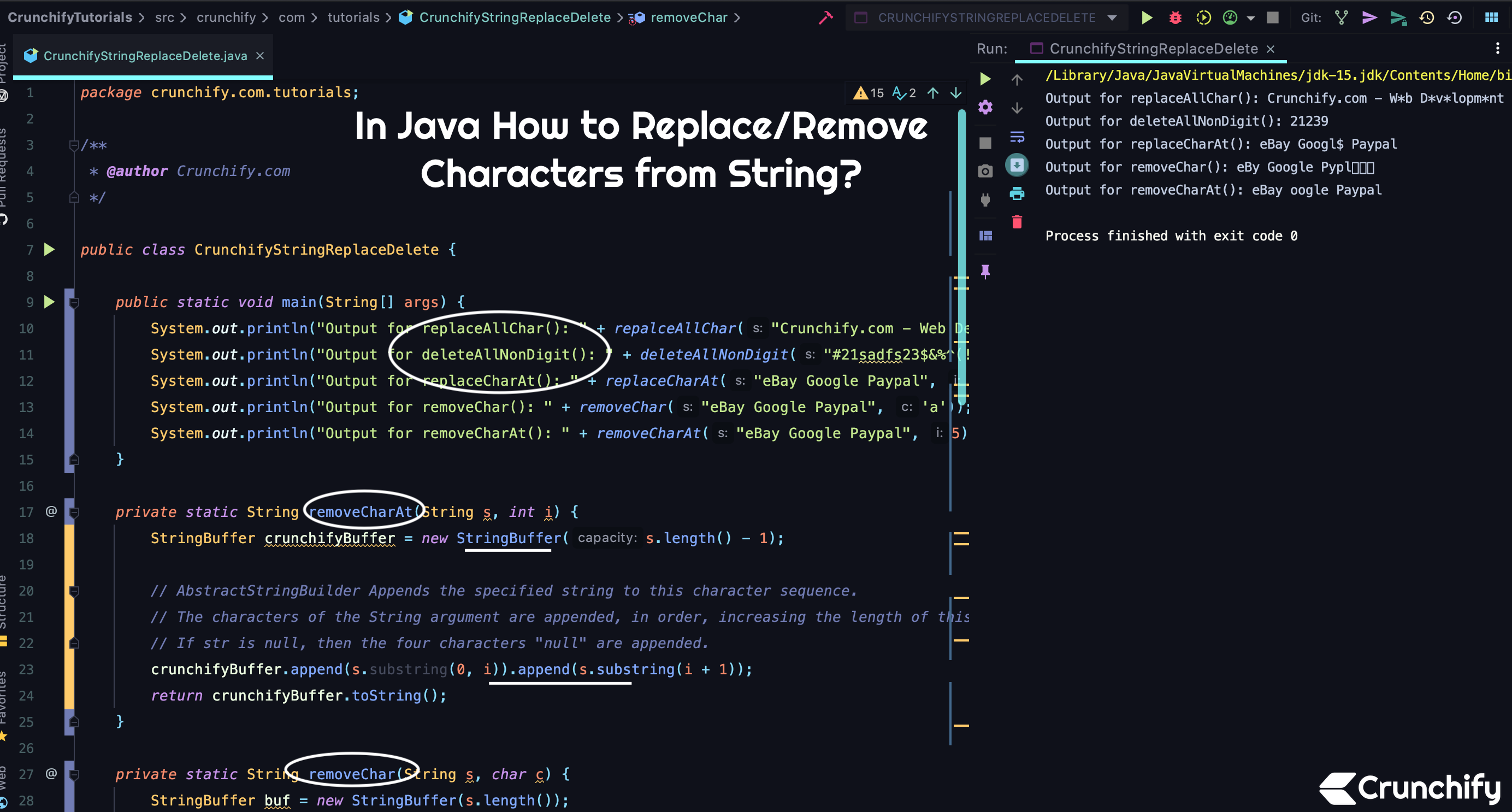www red tbe sets the stage for an intriguing exploration. This seemingly random phrase presents a unique challenge: deciphering its meaning and uncovering its online presence. We will investigate potential interpretations, analyze its linguistic structure, and explore its possible contexts, ranging from legitimate usage to malicious intent. The journey will involve examining online search results, analyzing the individual words’ semantic meanings, and considering potential misinterpretations.
Ultimately, we aim to shed light on the various facets of this enigmatic phrase.
Our analysis will delve into the potential origins of “www red tbe,” exploring its possible misspellings and variations. We will also consider the cultural and linguistic backgrounds that might influence its interpretation. By examining its online footprint across different platforms, we can begin to understand the contexts in which it appears and the potential implications of its usage.
Understanding “www red tbe”
The phrase “www red tbe” lacks established meaning in common dictionaries or online resources. Its interpretation depends entirely on context and potential misspellings. The seemingly random combination of letters and numbers suggests it might be an abbreviation, a code, a misspelling, or even a randomly generated string. We will explore several possibilities to illuminate its potential meanings.
The most likely explanation involves a misspelling or abbreviation. “www” clearly points to a web address, but “red tbe” is unclear. It might be a corrupted version of a longer phrase, a shortened domain name, or a specific internal code used within a particular organization or system.
Possible Interpretations and Contexts
The ambiguity of “www red tbe” allows for numerous interpretations depending on the context in which it appears. For example, it could be a truncated URL, a password fragment, a product code, or part of a technical document. If found within a specific document or system, its meaning would become clearer through the surrounding text. Without further context, any interpretation remains speculative.
Imagine finding it in a log file; it might represent a failed website access attempt. Or, in an internal company memo, it might refer to a specific project or product. Its meaning is entirely context-dependent.
Linguistic Variations and Misspellings
Given the lack of a standard meaning, numerous misspellings or variations are possible. For example, “www red tbc,” “www red t be,” or even “www.redtbe.com” (assuming a website) are all plausible variations. The implications of these variations are significant because they could lead to completely different interpretations. A slight alteration could shift the meaning from a technical code to a shortened web address, significantly changing the overall interpretation and context.
Each variation requires individual analysis based on its context.
Examples of Potential Contexts
Several hypothetical scenarios could explain the presence of “www red tbe.” It might be a placeholder in a document before the actual information is added. It might represent a corrupted entry in a database. It could also be a code used within a game or software program. In each of these cases, the surrounding information would be essential to decipher its meaning.
Consider the example of a software error log: finding “www red tbe” might indicate a problem related to a specific website or function. Or, in a fictional scenario, it could be a secret code used by characters in a story.
Browse the implementation of old reddit nfl in real-world situations to understand its applications.
Investigating Online Presence

Investigating the online presence of the phrase “www red tbe” requires a systematic approach to ensure comprehensive results and accurate interpretation. This involves identifying potential online locations, designing an effective search strategy, organizing findings, and analyzing the implications of the discovered information. The goal is to understand the context and meaning behind the phrase’s usage across various online platforms.The process of identifying relevant online content necessitates a multifaceted search strategy.
Simply searching for the exact phrase may yield limited results, as variations in spelling or contextual phrasing might exist. Therefore, a broader approach is necessary to capture a wider range of potential occurrences.
Website and Platform Identification
Potential websites and online platforms where the phrase “www red tbe” might appear include search engines (Google, Bing, DuckDuckGo), social media platforms (Twitter, Facebook, Instagram, Reddit), forums (specialized technical forums, general discussion forums), blogs (personal blogs, news blogs, technical blogs), and online archives (the Wayback Machine). The diversity of these platforms reflects the potential for the phrase to appear in various contexts, ranging from informal discussions to formal documentation.
Furthermore, utilizing advanced search operators within each platform will significantly improve the accuracy and efficiency of the search process.
Search Strategy Design
A robust search strategy should incorporate a combination of techniques to maximize the chances of locating relevant content. This includes employing both exact phrase searches (“www red tbe”) and broader searches (including variations like “red tbe website,” “red tbe login,” or “red tbe forum”). Using quotation marks around the exact phrase ensures that only results containing the exact sequence of words are returned.
Additionally, exploring related s or synonyms might uncover instances where the phrase is used in a slightly different form. Advanced search operators, such as using the minus sign (-) to exclude irrelevant terms or the asterisk (*) as a wildcard, can further refine search results.
Organization of Search Results
Once search results are obtained, organizing them by source type is crucial for analysis. Categorizing results into distinct groups—such as forums, social media posts, blogs, and news articles—allows for a structured understanding of the context in which the phrase is used. This organized approach facilitates the identification of patterns, trends, and potential meanings associated with the phrase across different online communities and platforms.
For example, the phrase’s appearance in a technical forum might suggest a different meaning compared to its appearance in a social media post.
Implications of Online Presence
The implications of the phrase’s online presence depend entirely on the context in which it appears. If the phrase is associated with a specific website or organization, understanding its function and purpose within that context is paramount. For example, it could be a shortened URL, a specific product name, or an internal code. Conversely, if the phrase appears frequently in discussions on forums or social media, analyzing the sentiment expressed around it (positive, negative, or neutral) can provide valuable insights into its overall meaning and impact.
A lack of significant online presence, however, could indicate that the phrase is either newly coined, very niche, or potentially insignificant. The analysis of online presence is therefore crucial in establishing a complete understanding of the phrase’s meaning and relevance.
Exploring Potential Misinterpretations

The phrase “www red tbe” is inherently ambiguous, lacking a standardized or widely recognized meaning. This ambiguity opens the door to a range of potential misunderstandings, depending heavily on the context in which it is encountered. Misinterpretations can stem from the lack of clarity, the potential for typographical errors, or the misreading of individual components of the phrase.
Understanding these potential misinterpretations is crucial for effective communication and avoiding unintended consequences.Potential misinterpretations arise primarily from the lack of established meaning and the possibility of misspellings or variations. The individual components – “www,” “red,” and “tbe” – lack a clear, combined semantic relationship. “www” suggests a web address, but the absence of a domain name leaves this interpretation incomplete and potentially misleading.
“Red” could refer to a color, a descriptive term, or an abbreviation. Similarly, “tbe” might be a misspelling of “the,” an abbreviation, or an entirely different term altogether. The combination of these uncertain elements generates numerous possibilities for misinterpretation, leading to confusion and communication breakdowns.
Consequences of Misinterpretation
Misinterpreting “www red tbe” can have various consequences, depending on the context. In a professional setting, a misinterpretation could lead to wasted time and resources if it’s understood as a project name or a file location, only to later discover it’s something entirely different. In a social media context, misinterpretation could lead to misunderstandings or even conflict if the phrase is part of a message or hashtag with a hidden or unintended meaning.
In a technical context, if it were mistakenly interpreted as a website address or code fragment, it could result in failed attempts to access a non-existent resource or lead to errors in programming. The severity of the consequences is directly proportional to the importance and context of the communication.
Strategies for Avoiding Misinterpretations
To mitigate the risk of misinterpretation, clear and unambiguous communication is paramount. Before using “www red tbe” or a similar unclear phrase, ensure its meaning is clearly defined and understood by all parties involved. Using a more descriptive and precise alternative phrase is highly recommended. If the phrase must be used, it should always be accompanied by sufficient context to eliminate ambiguity.
For example, if it refers to a specific project, it should be clearly introduced and explained within the communication. Providing a detailed explanation, perhaps in the form of a glossary or definition, would further reduce the likelihood of misunderstanding.
Contextual Variations in Meaning, Www red tbe
The meaning of “www red tbe” is profoundly shaped by its context. For instance, if found in a technical document, it might be interpreted as an internal code or reference number with a specific meaning within that document’s scope. In a casual online conversation, it could be a slang term, an inside joke, or a random string of characters with no inherent meaning.
If encountered as part of a website URL, it would likely be seen as an incomplete or incorrect address. These examples highlight how the same phrase can acquire radically different meanings depending on its surrounding environment and the intended audience.
The investigation into “www red tbe” reveals a fascinating interplay between linguistics, online presence, and potential misinterpretations. While the phrase’s exact meaning remains elusive without further context, our analysis highlights the importance of considering multiple interpretations and the impact of online context. The potential for both legitimate and malicious usage underscores the need for careful consideration when encountering such ambiguous phrases online.
Further research and contextual information are needed to fully understand the true nature of “www red tbe.”



